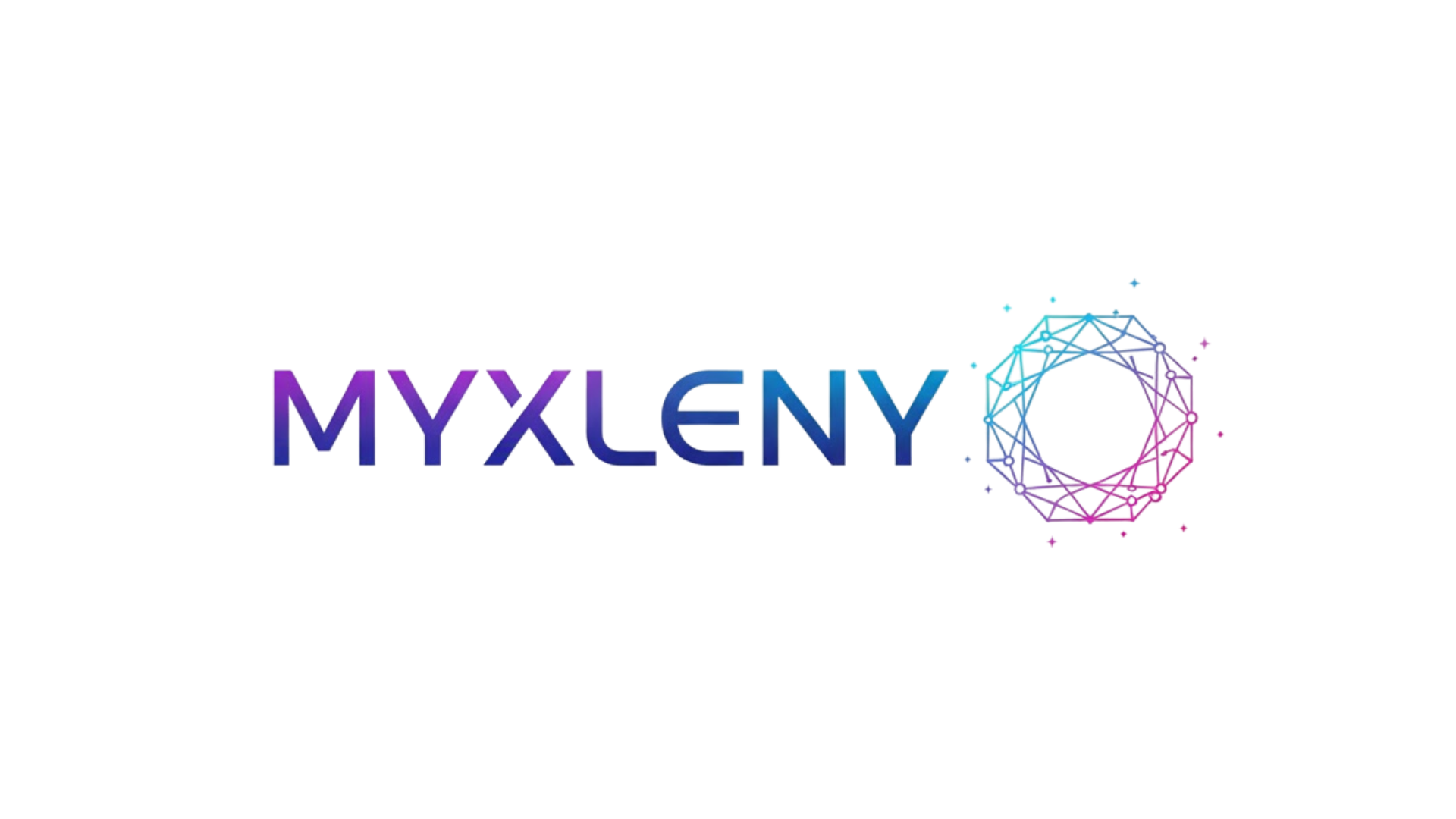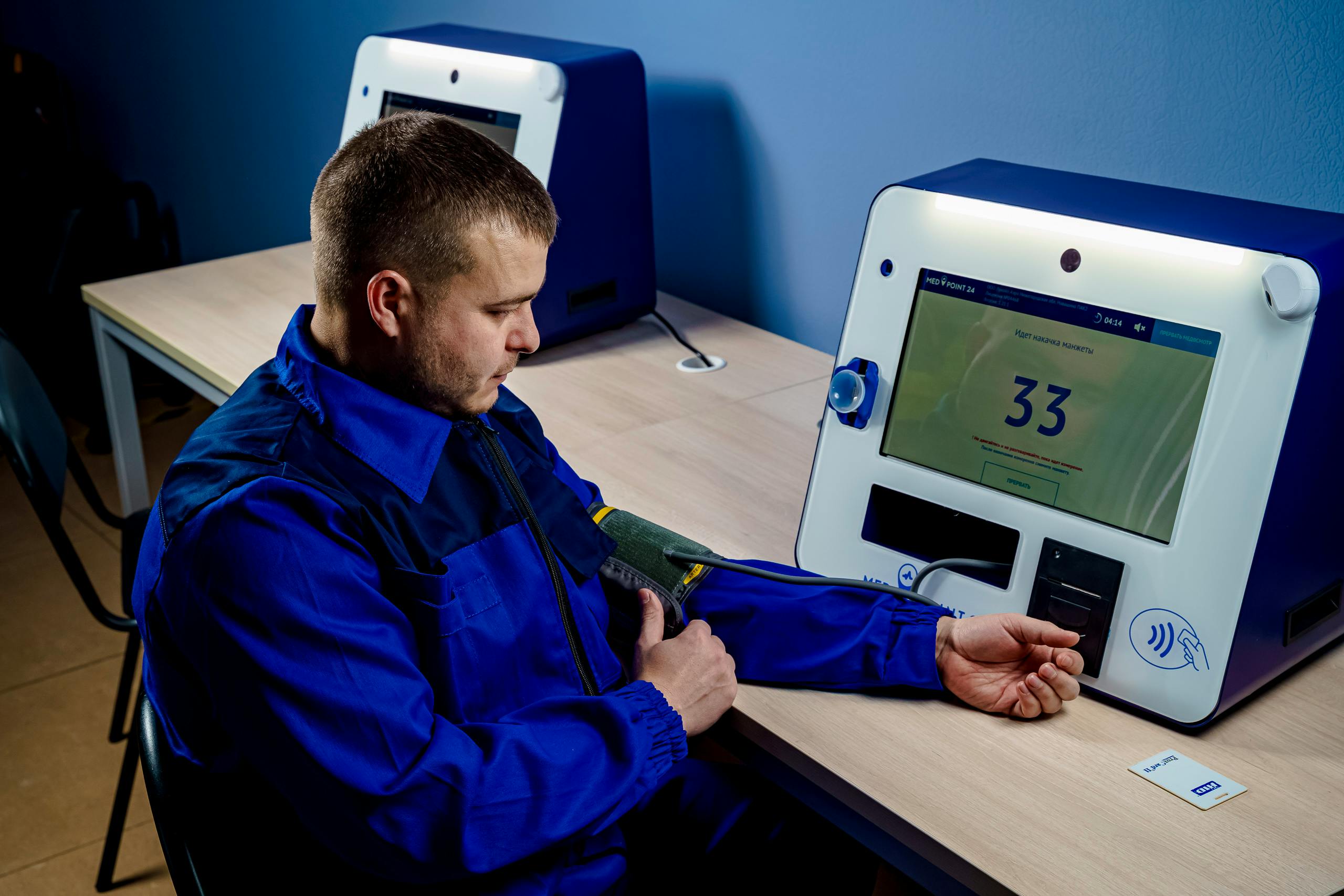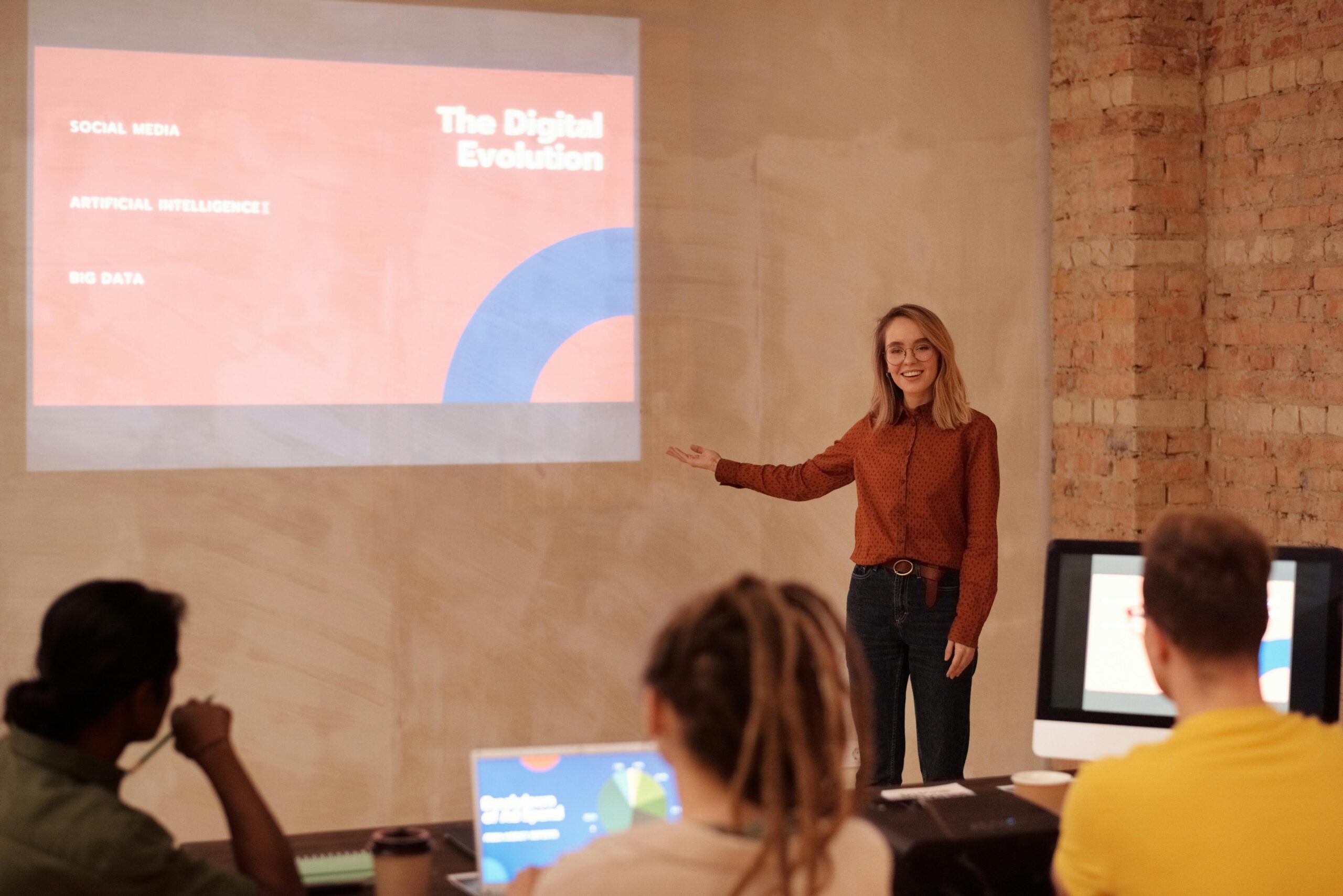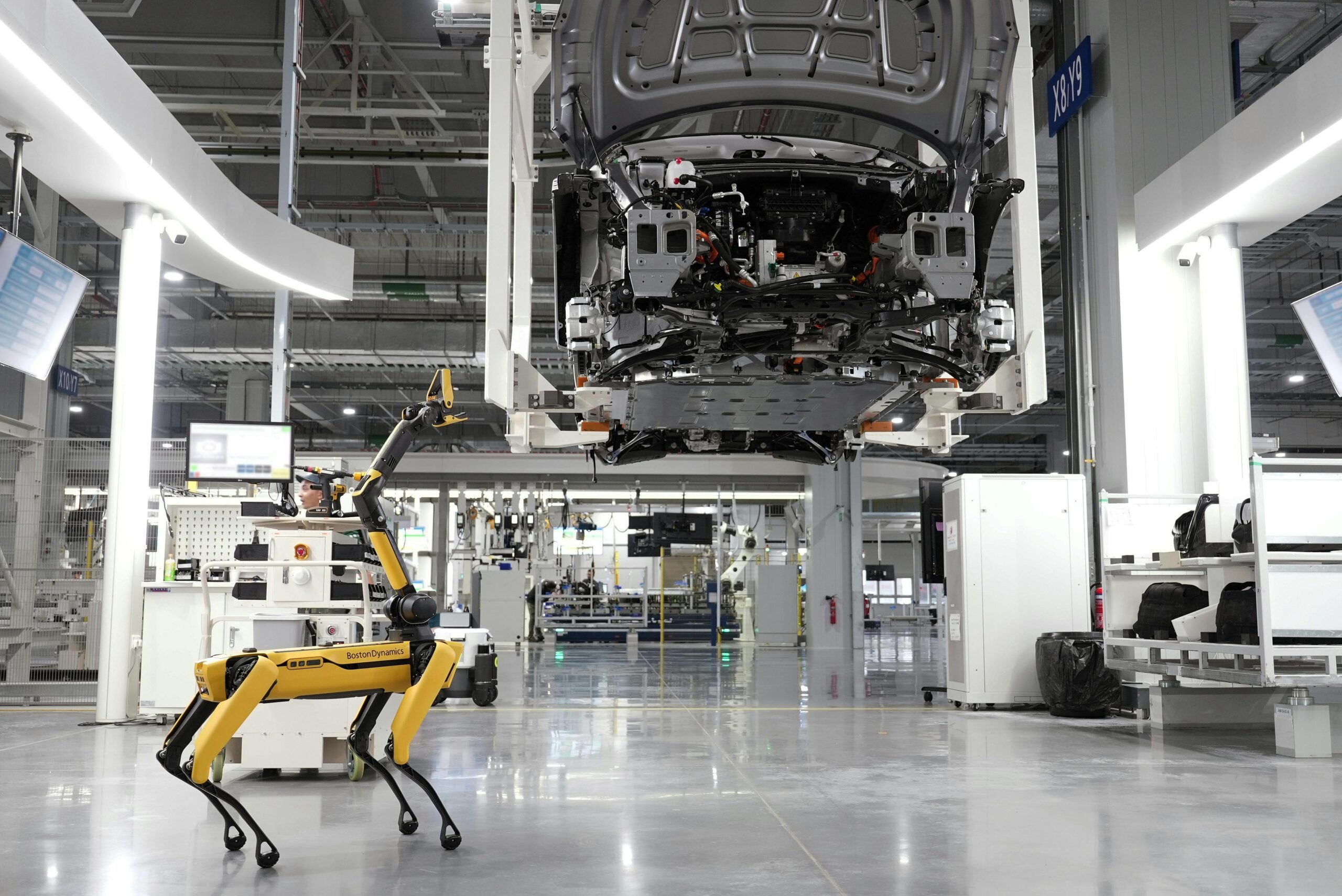The traditional workplace is undergoing a massive transformation, driven by innovative decentralized work platforms that are reshaping how we collaborate, earn, and contribute globally.
🌐 The Dawn of a New Work Era
Decentralized work platforms represent a fundamental shift in how labor markets operate. Unlike traditional employment models that rely on centralized corporations and hierarchical structures, these platforms distribute power, ownership, and decision-making among participants. This democratization of work creates opportunities for millions of people worldwide who were previously excluded from conventional employment systems.
The concept extends beyond simple remote work arrangements. Decentralized platforms leverage blockchain technology, smart contracts, and distributed autonomous organizations (DAOs) to create entirely new economic ecosystems. Workers maintain greater autonomy over their time, skills, and earnings while accessing global opportunities without geographical limitations.
This revolution addresses critical pain points in modern employment: lack of transparency, limited access to opportunities, unfair compensation structures, and the erosion of worker rights. By removing intermediaries and establishing trust through technology rather than institutions, decentralized platforms offer a compelling alternative to traditional work arrangements.
Understanding the Decentralized Work Ecosystem
Decentralized work platforms operate on principles that differ fundamentally from conventional employment marketplaces. These systems utilize distributed ledger technology to create transparent, immutable records of work contributions, payments, and reputation scores. Smart contracts automate agreements between parties, ensuring that payment terms are executed exactly as specified without requiring trusted third parties.
The architecture of these platforms typically includes several key components. First, a blockchain infrastructure provides the underlying trust layer, recording all transactions and work-related activities in a verifiable manner. Second, token economies incentivize participation and align interests between platform users and contributors. Third, governance mechanisms allow stakeholders to collectively make decisions about platform development and policies.
Participants in these ecosystems can take multiple roles simultaneously. A person might contribute work, validate others’ contributions through consensus mechanisms, participate in governance decisions, and hold platform tokens as investments. This multifaceted engagement creates more aligned incentives compared to traditional platforms where users and owners have conflicting interests.
💼 Breaking Down Traditional Employment Barriers
Geographic boundaries have historically limited access to quality employment opportunities. Someone talented living in a developing economy often faces significant obstacles accessing global markets. Decentralized platforms eliminate these barriers by creating borderless marketplaces where skills matter more than location.
Payment infrastructure represents another critical advantage. Traditional international payments involve expensive intermediaries, long processing times, and substantial fees. Cryptocurrency-based payments on decentralized platforms settle instantly with minimal transaction costs, enabling microtask economies and opening opportunities for people in regions with underdeveloped banking systems.
Credential verification and reputation building pose challenges in traditional remote work. Decentralized platforms address this through transparent, immutable work histories stored on blockchain. These verifiable credentials follow workers across platforms and projects, creating portable professional identities that can’t be manipulated or censored.
The Technology Powering Decentralization
Blockchain technology forms the foundation of decentralized work platforms. This distributed ledger system maintains synchronized copies of transaction records across multiple nodes, eliminating single points of failure and creating resilience against censorship or manipulation. When someone completes a task and receives payment, this transaction becomes part of the permanent record.
Smart contracts automate the execution of agreements without requiring intermediaries. A freelancer can establish terms with a client through coded logic that automatically releases payment when predetermined conditions are met. This reduces disputes, eliminates payment delays, and creates trust between strangers who might never interact through traditional channels.
Decentralized identity solutions allow workers to maintain control over their personal information while still proving credentials and building reputation. Rather than surrendering data to platform corporations, individuals own their digital identities and selectively share information as needed for specific transactions or relationships.
🚀 Emerging Platforms Transforming Work Dynamics
Several innovative platforms are pioneering this space, each with unique approaches to decentralizing work. Some focus on creative industries, connecting artists, designers, and content creators directly with audiences and patrons. Others target professional services, enabling consultants, developers, and specialists to offer expertise without platform intermediaries taking substantial cuts.
Task-based platforms utilize token incentives to crowdsource micro-work, from data labeling to content moderation. Contributors earn cryptocurrency for completing small tasks, creating flexible income opportunities accessible to anyone with internet access. The decentralized nature ensures fair compensation algorithms determined by community governance rather than corporate profit maximization.
Professional networking platforms built on blockchain technology allow individuals to own their professional connections and work histories. Unlike traditional platforms where the corporation owns the network effects created by users, decentralized alternatives ensure participants capture the value they create through their contributions and connections.
Token Economics and Incentive Alignment
Token economics represent a powerful innovation in aligning interests across platform stakeholders. Unlike traditional platforms where corporations extract value from users, token-based systems distribute ownership and rewards among all participants. Workers who contribute quality services, validators who maintain network integrity, and even users who provide feedback can earn tokens representing ownership stakes.
These tokens typically serve multiple functions. They act as payment mechanisms for services rendered, governance votes for platform decisions, and appreciation assets as platforms grow. This creates aligned incentives where everyone benefits from platform success rather than profits flowing primarily to shareholders and executives.
Staking mechanisms require participants to lock tokens as collateral for good behavior. A service provider might stake tokens when accepting a project, which are returned upon successful completion or forfeited if commitments aren’t met. This creates accountability without requiring centralized enforcement mechanisms.
⚡ Real-World Applications Across Industries
The creative industry has embraced decentralization enthusiastically. Musicians, artists, and writers use blockchain platforms to connect directly with audiences, eliminating record labels, galleries, and publishers as gatekeepers. Smart contracts automatically distribute royalties to all contributors when work generates revenue, ensuring fair compensation based on predetermined agreements.
Software development has seen significant adoption of decentralized work models. Open-source projects incentivize contributions through token rewards, creating sustainable funding mechanisms for public goods. Developers worldwide collaborate on codebases, with smart contracts automatically distributing rewards based on contribution quality and community validation.
Professional services including legal, accounting, and consulting are beginning to explore decentralized platforms. These enable practitioners to offer expertise globally while maintaining competitive pricing by eliminating traditional firm overhead. Clients benefit from transparent pricing, verifiable credentials, and smart contract protections.
Governance and Democratic Decision-Making
Decentralized autonomous organizations (DAOs) represent revolutionary governance structures for work platforms. Rather than executives making unilateral decisions, DAOs enable token holders to propose and vote on platform changes. This might include fee structures, feature development priorities, or dispute resolution procedures.
Voting power typically correlates with token holdings and platform participation, creating a meritocratic system where those most invested in platform success have proportional influence. Proposal systems allow anyone to suggest improvements, with community discussion and voting determining implementation.
This democratic approach creates more resilient platforms aligned with user needs rather than short-term profit extraction. When the community owns and governs the platform, decisions naturally favor long-term sustainability and fair treatment of all participants.
📊 Comparative Advantages Over Traditional Models
When comparing decentralized platforms to traditional employment and gig economy models, several distinct advantages emerge:
- Transparency: All transactions, fees, and platform rules are visible on-chain rather than hidden in corporate black boxes
- Fair compensation: Reduced intermediary fees mean workers keep larger portions of earnings
- Ownership: Token holders own pieces of platforms they contribute to rather than enriching distant shareholders
- Censorship resistance: No central authority can arbitrarily ban users or manipulate their reputations
- Global access: Anyone with internet access can participate regardless of location or background
- Portable reputation: Work history and credentials follow individuals across platforms and opportunities
Traditional platforms maintain advantages in user experience maturity, regulatory clarity, and mainstream adoption. However, as decentralized technologies improve and regulatory frameworks develop, these gaps continue narrowing.
Challenges and Growing Pains
Despite tremendous potential, decentralized work platforms face significant challenges. User experience remains a barrier, with cryptocurrency wallets, blockchain interactions, and token management creating friction for mainstream adoption. Platforms must balance decentralization ideals with accessible interfaces that don’t overwhelm non-technical users.
Regulatory uncertainty poses another challenge. Governments worldwide are still developing frameworks for cryptocurrency, digital assets, and decentralized organizations. This uncertainty creates risks for both platforms and participants, though clarity is gradually emerging as regulators gain sophistication.
Scalability concerns affect many blockchain networks, with transaction costs and processing times sometimes limiting practical utility. Layer-two solutions and next-generation blockchains are addressing these issues, but infrastructure maturation remains an ongoing process.
🔐 Security and Trust in Decentralized Systems
Security architecture differs fundamentally in decentralized systems. Rather than trusting corporations to protect data and funds, participants rely on cryptographic security and distributed consensus. Private keys control access to wallets and identities, making individual security practices critically important.
Smart contract audits ensure code executes as intended without vulnerabilities. Reputable platforms undergo extensive security reviews before launching, with bug bounty programs incentivizing discovery and reporting of potential issues. The transparent nature of blockchain code allows anyone to review and verify platform operations.
Dispute resolution in decentralized systems often involves arbitration mechanisms where neutral parties review evidence and make binding decisions enforced through smart contracts. This creates accountability without requiring centralized customer service departments or legal proceedings.
The Future Landscape of Decentralized Work
The trajectory of decentralized work platforms points toward increasing sophistication and mainstream adoption. Artificial intelligence integration will enable better matching between workers and opportunities, automated quality assessment, and more efficient dispute resolution. Machine learning algorithms can analyze on-chain work histories to predict project success rates and optimize team composition.
Interoperability between platforms will create seamless experiences where credentials, reputation, and tokens transfer across ecosystems. Workers will build comprehensive professional identities spanning multiple platforms and industries, with verifiable histories following them throughout their careers.
Traditional corporations may increasingly adopt decentralized elements, implementing token incentives, transparent governance, and blockchain-based credential systems. This hybrid approach could accelerate mainstream adoption while maintaining familiar organizational structures during transitional periods.
💡 Practical Steps for Getting Started
Individuals interested in participating in decentralized work platforms should begin by understanding basic blockchain concepts and cryptocurrency fundamentals. Setting up a secure wallet, acquiring small amounts of cryptocurrency for transactions, and exploring user-friendly platforms provides hands-on learning experiences.
Building reputation on decentralized platforms requires consistent, quality contributions. Starting with smaller projects allows individuals to establish track records before pursuing larger opportunities. Engaging with platform governance and community discussions demonstrates commitment and builds social capital.
Continuous learning remains essential as this space evolves rapidly. Following development updates, participating in community forums, and experimenting with new platforms helps participants stay current with emerging opportunities and best practices.
Transforming Global Economic Participation
Perhaps the most profound impact of decentralized work platforms involves expanding economic participation to billions currently excluded from global markets. Someone in a rural area with internet access can now compete for international opportunities based purely on skills and merit. This democratization of access has tremendous potential for reducing inequality and creating more inclusive prosperity.
The removal of intermediaries and reduction in transaction costs enable entirely new economic activities previously unviable. Microtask work, fractional contributions to projects, and instant cross-border payments create opportunities for people who couldn’t participate in traditional employment due to geographic, institutional, or economic barriers.
As these platforms mature and scale, they could fundamentally reshape global labor markets, creating more fluid, fair, and accessible work environments. The centralized corporation may gradually give way to distributed networks of autonomous contributors collaborating through transparent, technology-enabled systems.

🌟 Embracing the Decentralized Work Revolution
The shift toward decentralized work platforms represents more than technological innovation—it embodies a philosophical commitment to fairness, transparency, and democratic participation in economic systems. While challenges remain, the fundamental value proposition of empowering individuals, reducing exploitation, and creating more equitable opportunities drives continued development and adoption.
This revolution won’t happen overnight. Traditional systems possess tremendous inertia, regulatory frameworks must evolve, and technological infrastructure requires further maturation. However, the trajectory is clear: work is becoming more decentralized, more global, and more accessible to anyone with skills and internet connectivity.
For workers, entrepreneurs, and innovators, decentralized platforms offer unprecedented opportunities to participate in building the future of work while benefiting from more fair, transparent, and empowering systems. The question isn’t whether decentralization will transform work, but how quickly we’ll embrace the possibilities it creates for more inclusive, efficient, and human-centered economic participation.
Toni Santos is a future-of-work researcher and social innovation writer exploring how technology, culture, and global mobility are redefining what it means to work and thrive in the 21st century. Through his studies on automation, digital nomadism, and workforce transformation, Toni examines the balance between progress, adaptability, and human purpose in a rapidly changing world. Passionate about remote collaboration systems and digital inclusion, Toni focuses on how emerging tools and global connectivity empower individuals to build meaningful, flexible, and resilient careers. His work highlights how automation and new work models can coexist with creativity, empathy, and social value. Blending sociology, economics, and digital strategy, Toni writes about the human side of innovation — helping readers understand not only where work is heading, but how to align with its transformation responsibly and purposefully. His work is a tribute to: The evolving relationship between automation and human employment The rise of global, location-independent lifestyles The power of resilience and adaptability in the modern workforce Whether you are a freelancer, remote leader, or curious observer of the new economy, Toni Santos invites you to explore the future of work — one idea, one connection, one transformation at a time.




